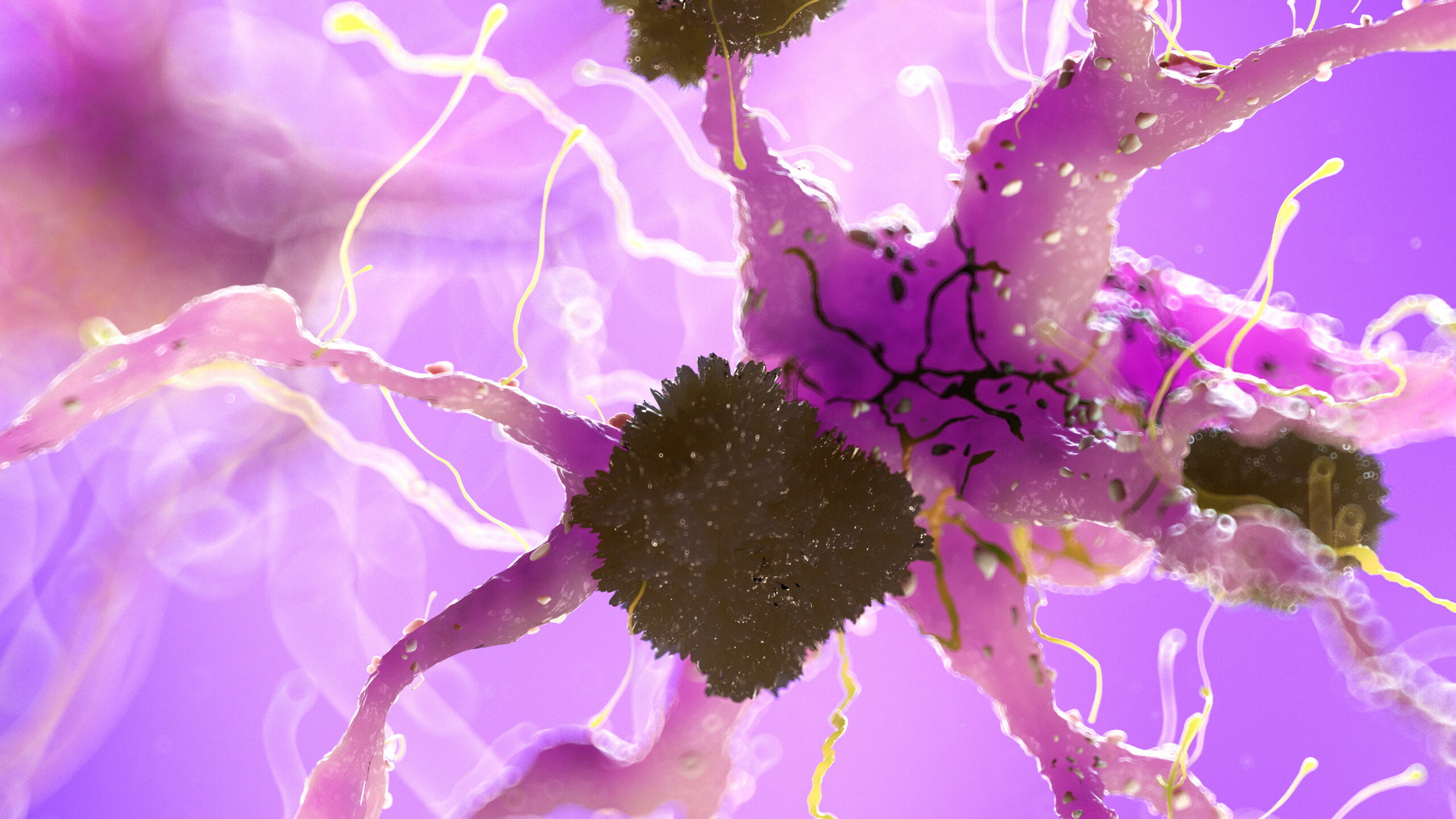Tell me about mci and dementia
MCI stands for Mild Cognitive Impairment, a condition that is often considered as a transitional stage between normal aging and dementia. Dementia, on the other hand, is a syndrome characterized by a decline in cognitive function, affecting memory, thinking, behavior, and the ability to perform daily activities. While MCI can be seen as an early stage of dementia, not everyone with MCI will develop dementia.
MCI is a common condition, affecting around 15-20% of adults over the age of 65. It is more prevalent in older individuals, but it can occur at any age. MCI is often noticed by family members or caregivers who observe changes in a person’s memory, language, or decision-making abilities. However, these changes are not severe enough to interfere with daily activities, and the individual is still able to live independently.
There are two types of MCI: amnestic and non-amnestic. Amnestic MCI affects memory and is commonly seen as a precursor to Alzheimer’s disease. Non-amnestic MCI affects thinking skills other than memory and is linked to other types of dementia such as vascular dementia or frontotemporal dementia.
The exact cause of MCI is still unknown, but researchers believe that it may be caused by a combination of factors such as genetic predisposition, lifestyle choices, and other medical conditions. Some conditions that may contribute to MCI include brain injury, stroke, depression, high blood pressure, diabetes, and sleep disorders.
Symptoms of MCI can vary from person to person. However, some common signs include forgetfulness, difficulty remembering recent events, trouble finding the right words, trouble making decisions or problem-solving, and difficulty completing familiar tasks. These symptoms may not be noticeable in the early stages of MCI, but they can become more apparent over time.
If you or a loved one are experiencing these symptoms, it is important to consult a doctor for a proper diagnosis. The doctor will conduct a thorough evaluation, including medical history, physical exam, and cognitive assessments to determine if MCI is present.
While there is no cure for MCI, there are some lifestyle changes that can help slow down its progression and improve overall brain health. These include exercising regularly, maintaining a healthy and balanced diet, staying socially active, and keeping the mind active by engaging in mentally stimulating activities such as puzzles, reading, or learning new skills.
In some cases, medication may be prescribed to manage symptoms and slow down further cognitive decline. However, these medications have not been proven to prevent or cure MCI and may come with side effects.
It is essential to remember that not everyone with MCI will develop dementia. In fact, some people with MCI may not experience any further decline in their cognitive abilities. However, it is essential to monitor the condition and seek medical help if symptoms worsen.
If MCI progresses to dementia, it is essential to provide a supportive and safe environment for the individual. This may include making necessary modifications to the home, setting up a daily routine, and providing assistance with daily activities. Caregivers should also educate themselves on how to communicate effectively with individuals with dementia and seek support from healthcare professionals or support groups.
In conclusion, MCI is a common condition that can be seen as a transitional stage between normal aging and dementia. It is essential to pay attention to any changes in memory or thinking abilities and seek medical help for proper diagnosis and management. While there is no cure for MCI, making healthy lifestyle choices and seeking medical care can help slow down its progression and improve overall well-being.





